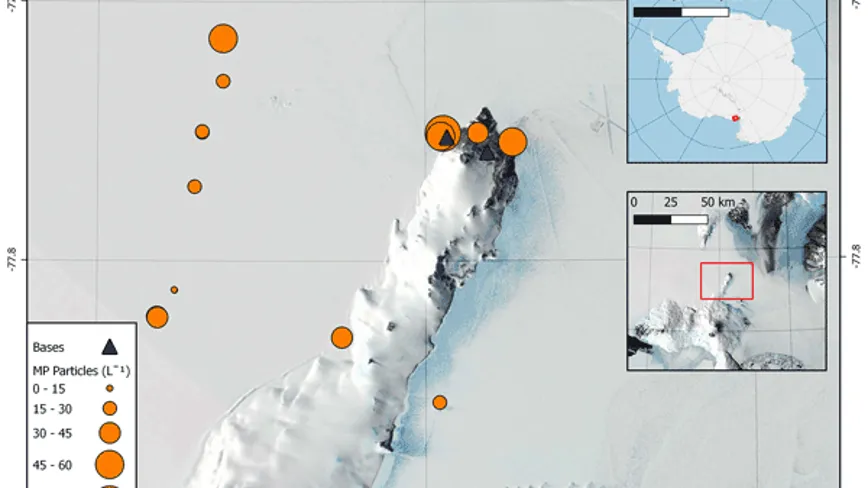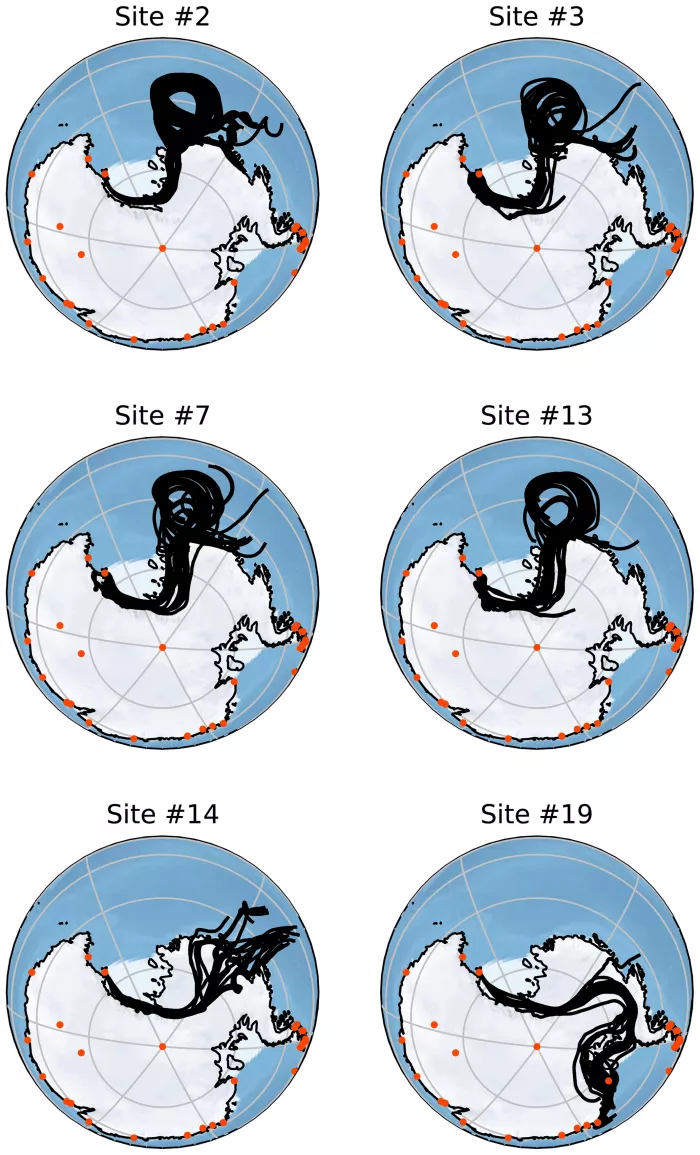According to CNET, according to a study published on Tuesday, scientists have found microplastics in Antarctic snow samples for the first time in history** This discovery may mean that the micro plastics formed during the degradation of plastics are causing ecological damage to the marine environment, climate and organisms.

Before that, although microplastics have been found in deep-sea sediments, marine sediments, oceans and surface waters in the region, most of the data from Antarctic snow are not available.
"The impact of micro plastics reaching remote areas such as Antarctica is huge," published in the Journal of the European geoscience union the cryosphere 》The study said. "Antarctic organisms have adapted to extreme environmental conditions for millions of years, and rapid environmental changes... Are threatening the unique ecosystem."
The researchers collected 19 samples from Ross Island, Antarctica from November 30 to December 2, 2019. Six were from locations near the research station, and 13 were from "remote locations with the least human interference". Suspected micro plastics were chemically identified in a laboratory in New Zealand.
Researchers found microplastics in all samples, and 109 particles in 19 field samples were confirmed.

"When micro plastics appear on snow and ice in high mountains or polar regions, they may accelerate the melting of the cryosphere. Micro plastics may further affect the climate by acting as cloud ice cores in the atmosphere," the study said
The authors point out that the intake of microplastics by Antarctic krill may also have a negative impact on the "whole Antarctic food chain".
Advanced polar predators, including Gentoo penguins, Adelie penguins, hooded penguins and emperor penguins, have also been found to contain microplastics in their diets. The impact of pollution also puts emperor penguins at risk. "The current model predicts that the number of emperor penguins will decrease by 81% by 2100.".
For most samples, the most likely short-term source of microplastics is the north wind that sweeps the local base. However, for the sites where the wind track does not pass through any artificial stations, the possible reason is that the micro plastic is blown into the snow from the nearby sea area.
"Crucially, the average concentration of microplastics found in this study is higher than that reported in the surrounding Ross Sea and Antarctic sea ice," the study said.